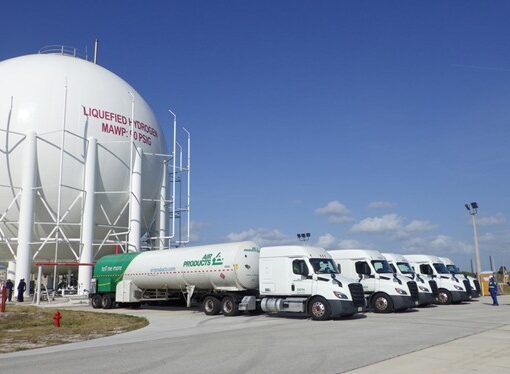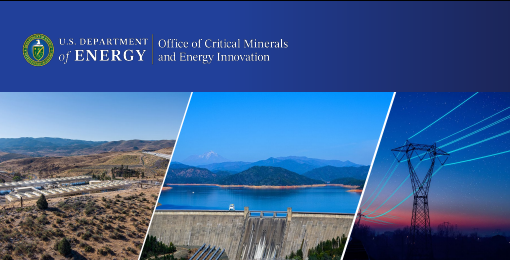The Inflation Reduction Act (IRA) of 2022 was recently introduced by Senators Manchin and Majority Leader Schumer. The new legislation would invest $369 billion in energy security and climate change provisions, including new and critical ones for hydrogen and fuel cells.
The legislation represents a historic piece of policy and a monumental milestone for the Fuel Cell and Hydrogen Energy Association (FCHEA), its members, and the industry as a whole. The creation of the new Clean Hydrogen Production Tax Credit (H2PTC) is the centerpiece of the hydrogen provisions, providing $13 billion in value across the industry for the next 10 years. FCHEA has championed this provision by working with Congress over several years of outreach to build support, highlighting the environmental and economic benefits of the hydrogen and fuel cell sector.
The H2PTC is a new ten-year tax credit (45V) that provides up to $3.00 per kilogram of hydrogen produced at a given facility, based on the carbon intensity of production (see below for varying levels of carbon intensity), or offers a similarly scaled investment tax credit (ITC) up to 30% for new facilities.
| Kg of CO2 per kg of H2 | Credit Value ($) |
|---|---|
| 4 – 2.5 kg CO2 | $0.60 / kg of H2 |
| 2.5 – 1.5 kg CO2 | $0.75 / kg of H2 |
| 1.5 – 0.45 kg CO2 | $1.00 / kg of H2 |
| 0.45 – 0 kg CO2 | $3.00 / kg of H2 |
The Clean Hydrogen Production Credit’s values, per kilogram of carbon dioxide produced.
In addition to the H2PTC, the IRA would also provide a suite of other tax priorities for the hydrogen and fuel cell industry, including:
- Provide an extension of the Section 48 ITC for fuel cells, as well as add hydrogen storage to the ITC.
- Reinstate the Alternative Fuel Refueling Property Credit for ten years, and raise the cap for hydrogen fueling stations to $100,000, and allow the credit to be applied to any single refueling property, rather than be based on the facility location
- Create a new Clean Vehicle Credit which includes fuel cell electric vehicles (FCEVs), providing $7,500 in credits for new purchases and up to $4,000 for used clean vehicles.
- In addition to consumer vehicles, a new Commercial Clean Vehicle credit will also go into effect for fleet operators, providing up to $40,000 which can be applied to fuel cell electric trucks and buses that are being tested and deployed around the U.S.
Lastly, in addition to tax provisions, the proposal offers several grant and funding opportunities that can help to advance manufacturing and deployment of hydrogen and fuel cell technologies. The legislation includes:
- $500 million to support the declaration earlier this year to utilize the Defense Production Act to support climate manufacturing.
- $3 billion for manufacturer loans for advanced technology vehicles
- $2 billion in grants for the domestic production of a variety of electric vehicles.
- Other funds will be available to support deployment of heavy-duty zero-emissions vehicles, decarbonize ports, and develop advanced industrial facilities.
Both the tax and non-tax provisions included in the IRA are critical to building a hydrogen economy and ensuring that hydrogen powers the clean energy transition. With this support and the funding available through the bipartisan Infrastructure Investment and Jobs Act that was enacted last November, hydrogen can become more accessible in a range of industries and market sectors, creating and supporting as many as 3.4 million jobs by 2050, while reducing national carbon emissions by 14%. For more information on hydrogen’s benefits, check out FCHEA’s Hydrogen Bonds campaign and the Road Map to a US Hydrogen Economy.
“The Fuel Cell and Hydrogen Energy Association (FCHEA) is excited by the introduction of the Inflation Reduction Act of 2022. This monumental clean energy and climate package will be critical in helping our nation achieve its decarbonization goals, supporting domestic jobs and manufacturing, and will drive an historic leap forward for the hydrogen industry in the United States. We appreciate the leadership of Majority Leader Schumer and Senator Manchin, and FCHEA looks forward to working together on behalf of the hydrogen sector as this legislation moves through Congress.”
– Frank Wolak, President and CEO, Fuel Cell and Hydrogen Energy Association
For more details about the hydrogen and fuel cell provisions included in the proposal, check out FCHEA’s fact sheet.



